ECONOMY: VIDEO FEATURES
Watch Newsreel Asia's video features on "Economy," which determines citizens' employment opportunities, income levels, access to essential goods and services and overall standard of living. Governments must create and implement policies that promote growth, ensure stability, provide employment opportunities, regulate markets and distribute resources equitably for the benefit of its citizens.
Description
Neeta Oraon lives in Nazira, a small town in Assam’s Sibsagar district. At 27, she has already spent more than a decade working in a tea garden. Her dream of becoming a nurse gave way early to the demands of poverty, debt, and family survival. She now works long hours under the sun, earning 250 rupees a day while caring for her ailing mother. Like Neeta, thousands of women in Assam’s tea gardens remain trapped in cycles of generational hardship and unseen labour.
Amal, 27, is a migrant worker from West Bengal’s Purulia district who was forced to leave his village due to a lack of local job opportunities. The recent halt in funding for schemes like MGNREGA in this state has worsened his struggles, pushing him to migrate to different states in search of work. Leaving behind his wife and ailing mother, Amal’s story reflects the harsh realities faced by rural workers dealing with unemployment, migration and the collapse of social safety nets.
Prasanna serves as the sarpanch of Satabhaya Gram Panchayat in Odisha. Satabhaya, once a cluster of seven villages, is believed to be the first region affected by climate change in India. Prasanna, who spent over two decades as a migrant worker in Kerala before returning to his village, recounts the heartbreaking story of his coastal home and delves into the relentless struggles of fishermen and farming communities who have lost lives, shelter, land and livelihoods.
Haret Kevat and his wife, Nawal Devi, reside in the Morena district of Madhya Pradesh. Their children have moved to other states, driven by the scarcity of jobs and economic prospects in their home state. Their lives, marked by loneliness, represent the predicament of tens of thousands of elderly parents across the region. In Madhya Pradesh, where 36% of rural residents live below the poverty line, nearly half of the male population migrates for work—almost twice the national average. According to the India Employment Report 2024, 50.9% of these male migrants leave Madhya Pradesh for employment opportunities.
Madhusudan Mahto, a 60-year-old resident of Dhanbad district in Jharkhand state, is one of many paying the price for successive state governments' careless embrace of state capitalism. Coal mining has been ongoing in Jharkhand since 1901. Today, around 6,486 hectares of land in the state affected by the mining activity, while about 75% of the state’s population remains economically dependent on agriculture. Although mining is a lucrative source of revenue for the state and is prioritised over vital sectors like agriculture, it compromises the well-being of millions of residents who are not employed in the mining sector. And this is apart from significant environmental and health costs associated with the extraction of natural resources.
Irshad, a 32-year-old cab driver from Kashmir, embodies the dreams and disillusionment of many in his homeland. Once a promising cricketer and a Master’s degree holder in English Literature, Irshad’s quest for meaningful employment for over a decade drew a blank. Unemployment, mostly fuelled by the political and economic instability in Jammu & Kashmir, has left the youth with unfulfilled aspirations. Recent data suggests Kashmir has an astounding unemployment rate of 24.6%, significantly higher than the national average of 6.1%. The ripple effects are tragic: rising crime, rampant drug addiction, and an alarming increase in suicides.
Benjamin, a Kuki-Zo man and father of five in Manipur’s Churachandpur district, struggles daily to meet his family's needs amid ongoing ethnic violence. The unrest, which began over a year ago, has severely impacted the state's economy, with retail inflation soaring to 11.63% in November 2023, compared to the national average of 5.55%. The prices of essential goods have skyrocketed in this border district, which remains cut off from the commercial hub of the Meitei-dominant Imphal region, about 60 km away. All goods now come through mountainous terrain, covering a distance of over 800 km. How is Benjamin’s family – and other residents – surviving this economic crisis?
Gujarat stands as India’s foremost salt-producing state, contributing 85% to the nation's total salt output. Within Gujarat, 31% of this production originates from the Agariya community living within the Little Rann of Kutch. Despite being the primary contributors to the salt industry, the Agariya people find themselves receiving the smallest share of profits. Furthermore, they grapple with the adverse effects of climate change, directly impacting their livelihoods. In this narrative, Bhopa and Gunand, two Agariya salt farmers, shed light on the disparity in earnings within the salt farming sector.
Maharashtra holds the unfortunate record for the highest number of farmer and farm labourer suicides in India, witnessing an average of 11 deaths per day as. This grim reality forces many women, including Sarika, to fend for themselves and their families. Despite facing adversity, Sarika persists with unwavering determination to provide for her children.
Jai Chand, a farmer from Shimla's Kumarsain Tehsil in Himachal Pradesh, faced a devastating nightmare when a landslide claimed the lives of his son, daughter-in-law, grandson and destroyed their home. He and two other family members survived, but now they endure a life marked by grief and hardship.
Chhannu Markam lost his wife and four children. He claims that the deaths were a result of health complications arising from a polluted red-water river. He lives in Loha Village in Chhattisgarh, a state heavily reliant on its revenue from iron ore mines.
Amar Ram would hide whenever the village landlords arrived to recruit labourers, often coercing them into working in their agricultural fields for a meager wage of 2.5 kg of paddy. His wife becomes emotional whenever she recalls the time when their meals consisted of nothing more than chili and chapati.
Kuldeep, a young man in Uttarakhand state, is one among countless individuals who have abandoned their native villages, and traditional farming, to migrate to big cities in search of employment. A few kilometres away, an elderly couple, Yashoda Devi and Ramesh Chand, bear witness to this mass migration, living alone in their now desolate village.
Deba Manjhi, a 75-year-old labourer from Bihar's West Champaran district, used to receive 3 hatai (2.25 kg) of paddy in exchange for a grueling day's work a couple of decades ago. Presently, he labours 5 to 6 hours daily in the agricultural fields owned by land-owning farmers, earning a meager wage of 150 rupees.
More than 41,000 daily-wage workers died by suicide in India in 2021, as per the government?s National Crime Records Bureau, which also showed these workers form the country?s largest group among the suicide victims. This short film depicts a day in the lives of cart pullers in the national capital of Delhi.
Radheshyam Shukhlawas, a farmer-turned-activist, lives in Rajasthan state?s Shukhlawas village in Kotputli district. People in his village and surrounding areas are dying one after another, as unregulated mines are causing particle pollution leading to lung diseases like silicosis…
Deep in debt, Gurjeet Kaur’s father lost hope, and interest, in life. Kaur’s brother, who inherited the debt, followed suit. Like Kaur, thousands of women in the agricultural state of Punjab have similar stories to tell, as farming is becoming increasingly unsustainable and more and more farmers are finding themselves…
Sunil Kumar, 22 and Neeraj Jangra, 24, are two of the hundreds of thousands of unemployed youth in the predominantly agricultural state of Haryana who have dreams tied to their ability to earn a living. Those dreams may be shattered if they continue to remain jobless, as agriculture is now largely unsustainable…
The story of Satish Kumar, a young man who lives in a small village in Uttar Pradesh state’s Chandauli district, shows how tens of millions of people in India are trapped in the cycle of poverty, with no fault of their own. Through the story he shares in this visual, open letter, Kumar points to a critical, but unaddressed…
Dhanushkodi is a southeast Indian coastal town abandoned during a deadly cyclone in 1964. But this ghost town awakens at dawn to the call and response songs of fishermen dragging at their fishing nets at the shore practicing the centuries-old shore seine fishing method.
This video was produced by the participants of the 'Video Literacy Workshop for Coastal Communities' alongside UNESCO, Wildlife Institute of India, Surbhi foundation and others with Newsreel Asia as a publishing and training partner.
As railway stations now have fairly modern infrastructure and travellers use wheel trollies, the demand for porters has gone down in recent years. COVID-19 restrictions have further brought their earnings down. This first episode of a series of short films, with no dialogues …
Fisherman M. Lakshmi Nivash asks his fellow fishermen why they are not using life jackets while fishing. What they explain goes against the notion that fishermen don't like to use such gear.
This video was produced by the participants of the 'Video Literacy Workshop for Coastal Communities' alongside UNESCO, Wildlife Institute of India, Surbhi foundation and others with Newsreel Asia as a publishing and training partner.
Raj Kumar Rana, a Dalit Sarpanch from Nurpur Village in Punjab, has been committed to the development of his community. Despite his earnest efforts, state-level party politics have significantly hindered his progress. The Panchayati Raj system, designed to empower local communities and promote responsive governance, faces challenges when state politics intrude. In the case of Sarpanch Rana, his firm stance leads to unforeseen consequences for him and his family.
Anthony Thina's has fought his debilitating childhood ailment of polio with a smile. So when Thina who comes from a fishing family saw his dried fish business evaporating during the pandemic, he found a solution in an unlikely space - his YouTube channel and Facebook Page.
This video was produced by the participants of the 'Video Literacy Workshop for Coastal Communities' alongside UNESCO, Wildlife Institute of India, Surbhi foundation and others with Newsreel Asia as a publishing and training partner.
Awadh Kishore and Draupadi Kumari, a couple from northern India’s Bundelkhand agricultural region, are not only unable to sustain their family financially but also need to arrange large sums of money for the marriage of their four young daughters.
Deepak Kumar Nehra, a farmer from the northern Haryana state, is on his way to Delhi to join the farmers? protest to express solidarity with fellow farmers speaking out against three new farm laws, but he falls off his tractor and dies. He?s one of the many farmers who’ve died while protesting


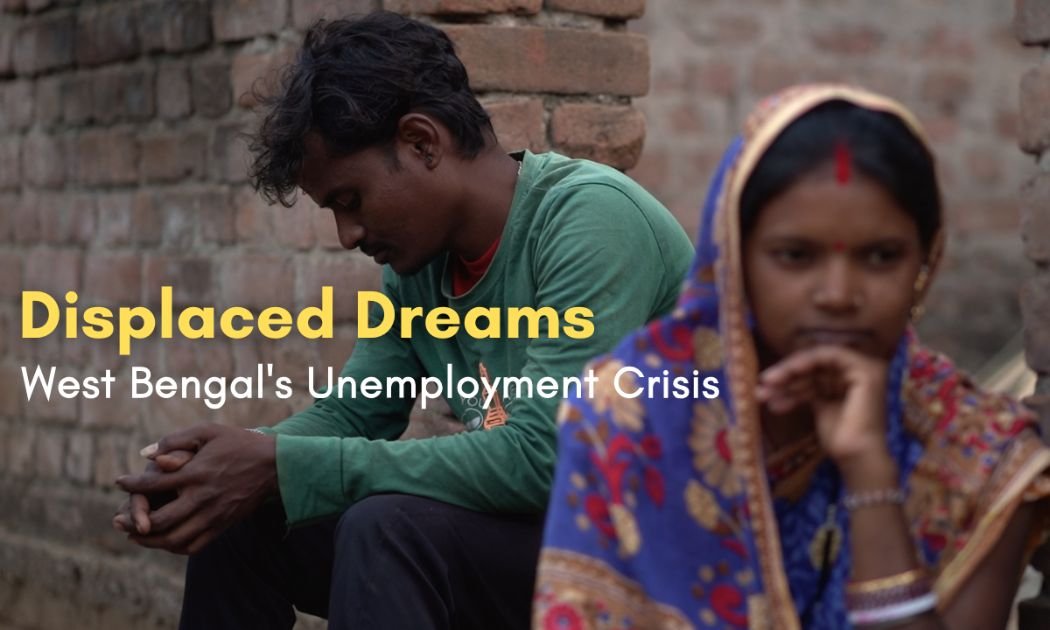
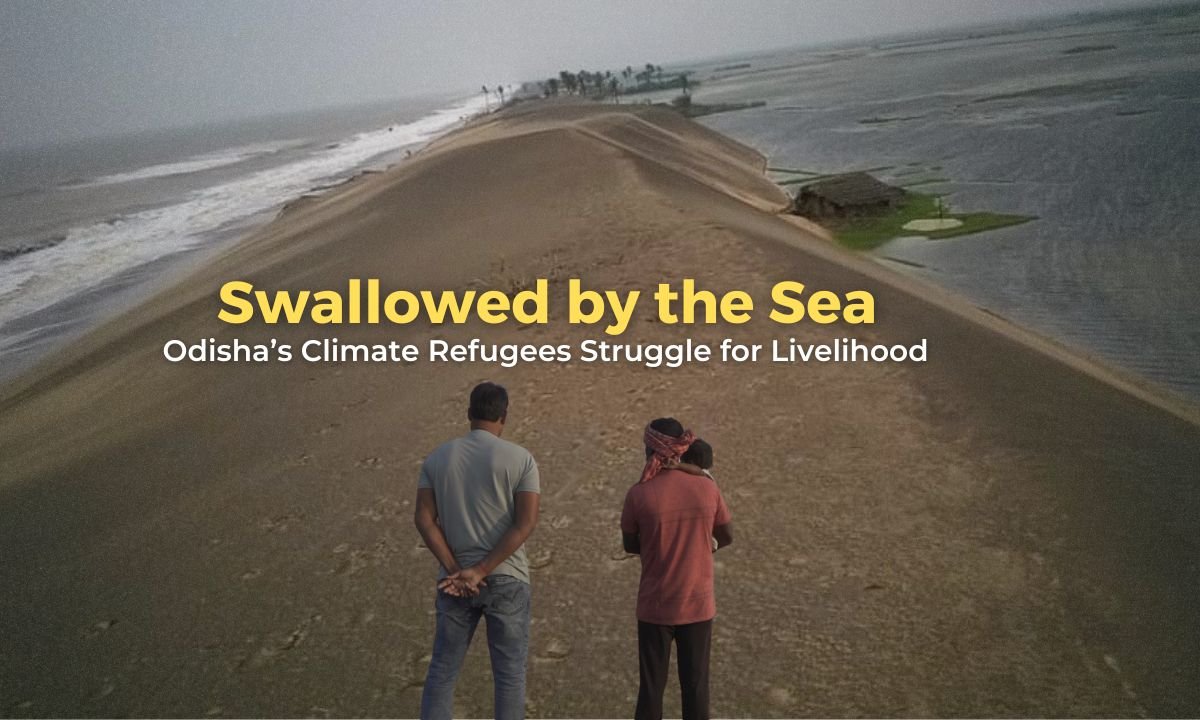
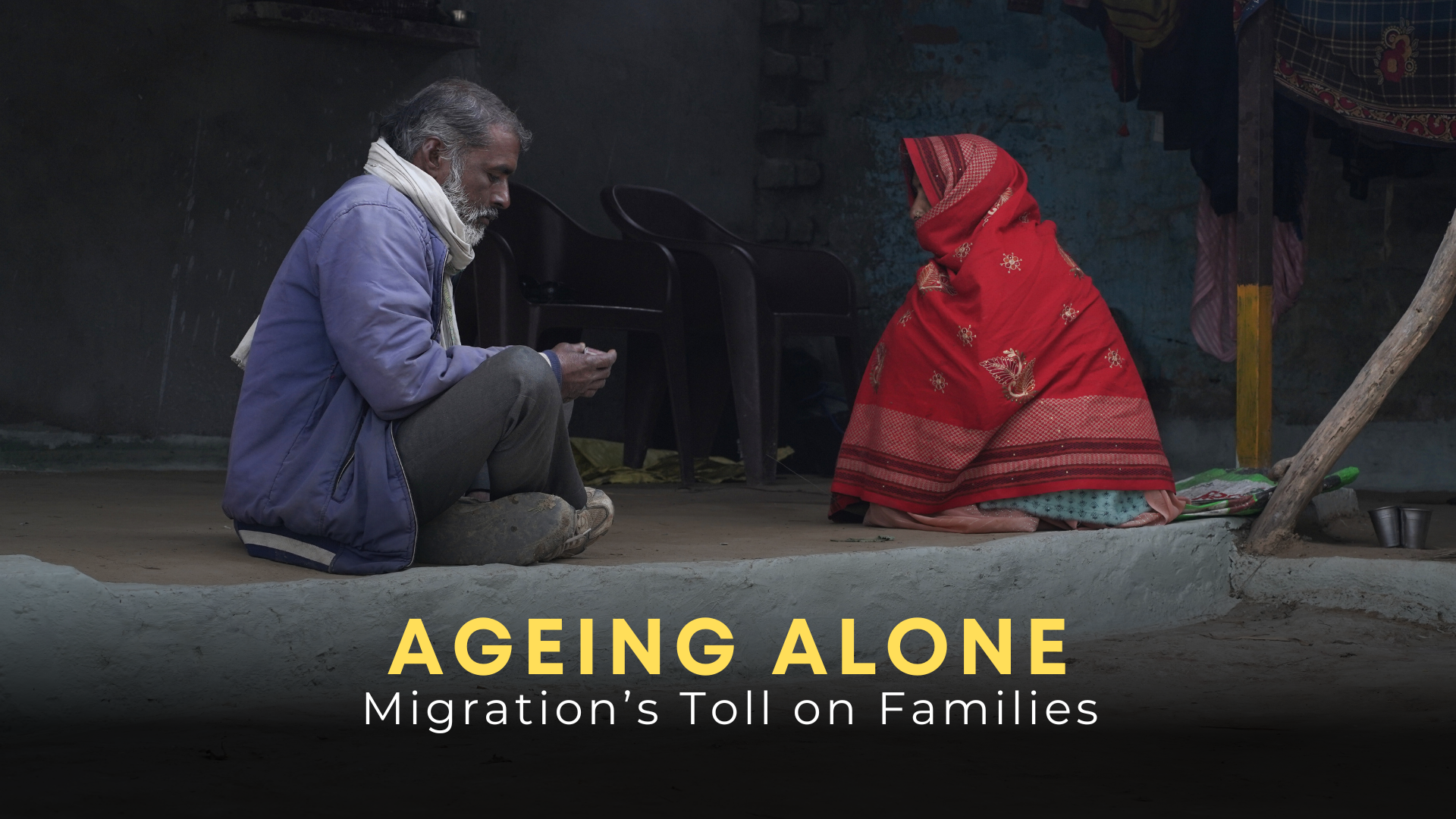
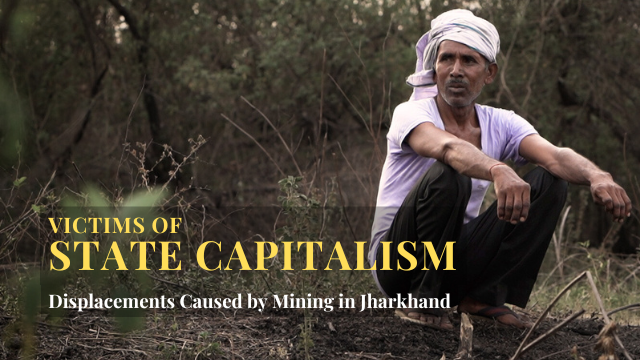
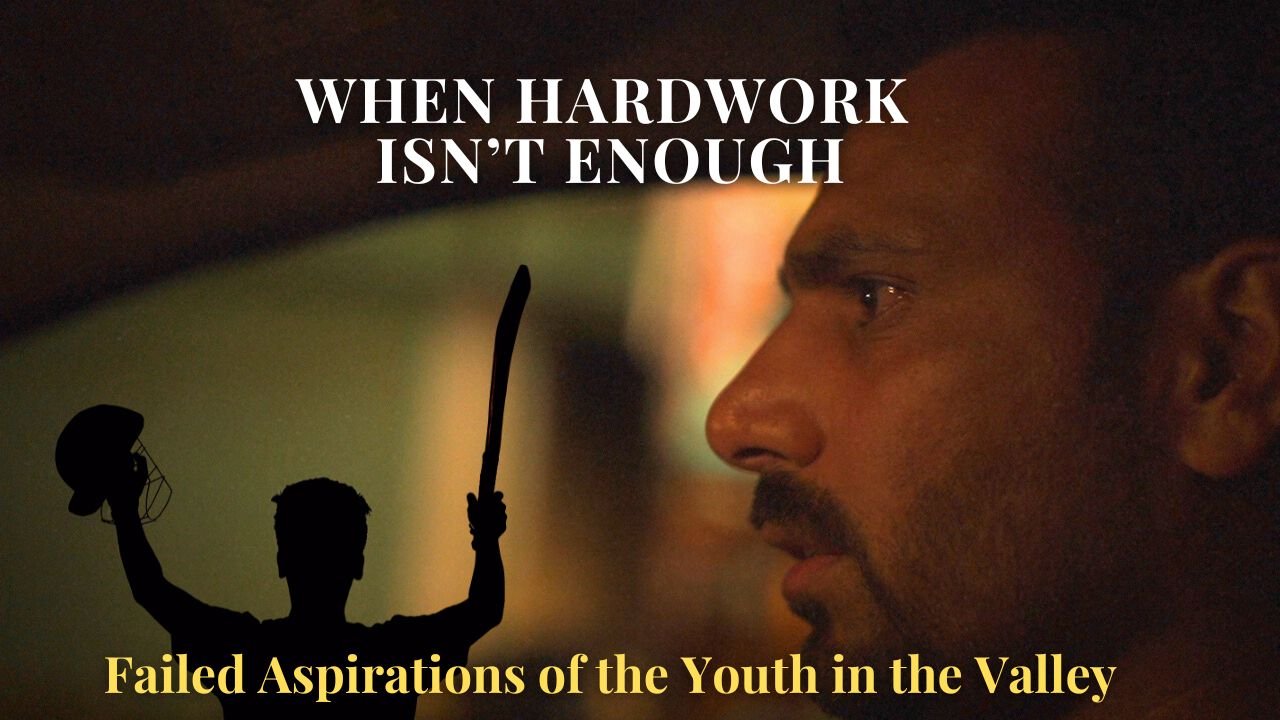

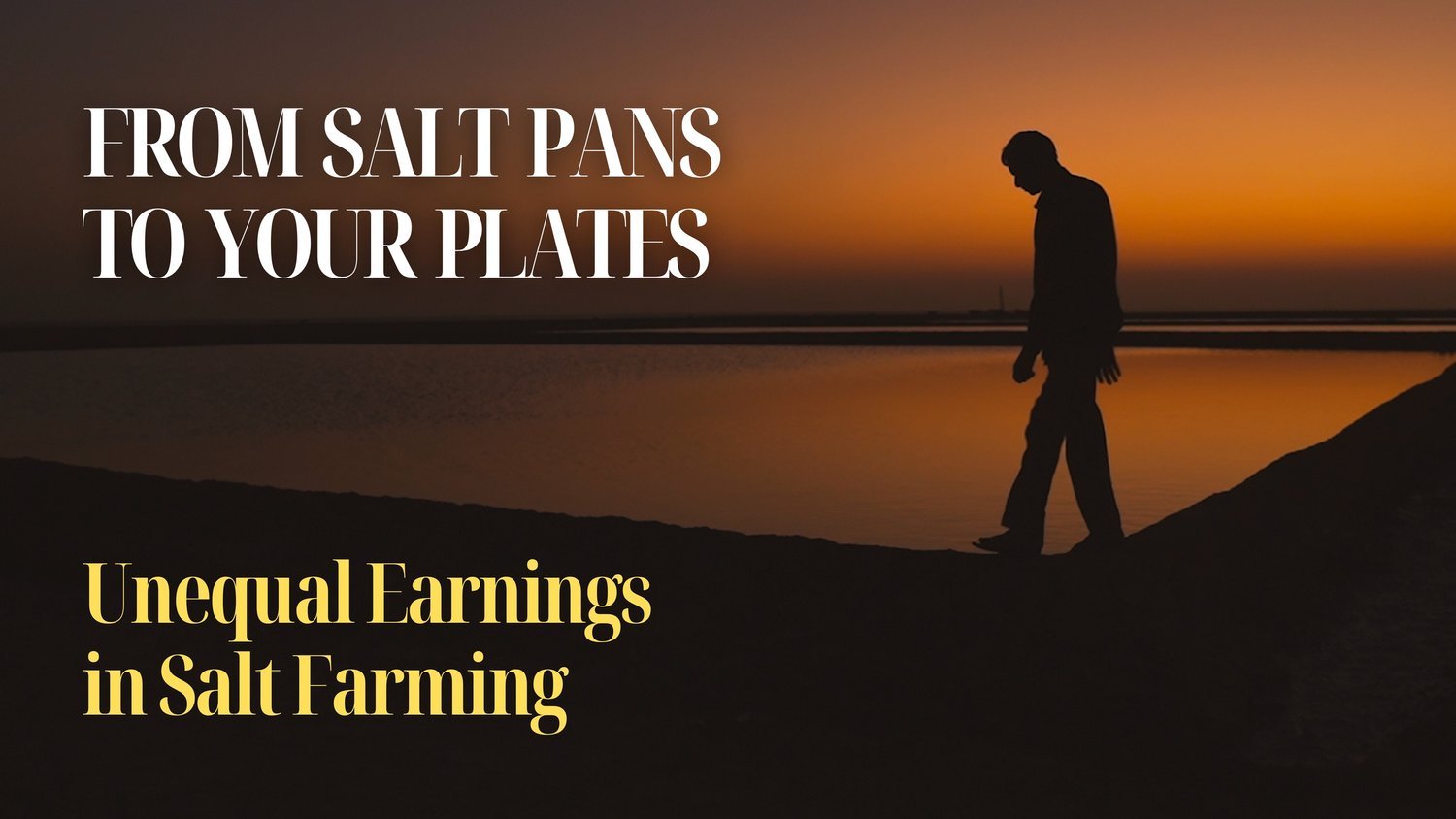

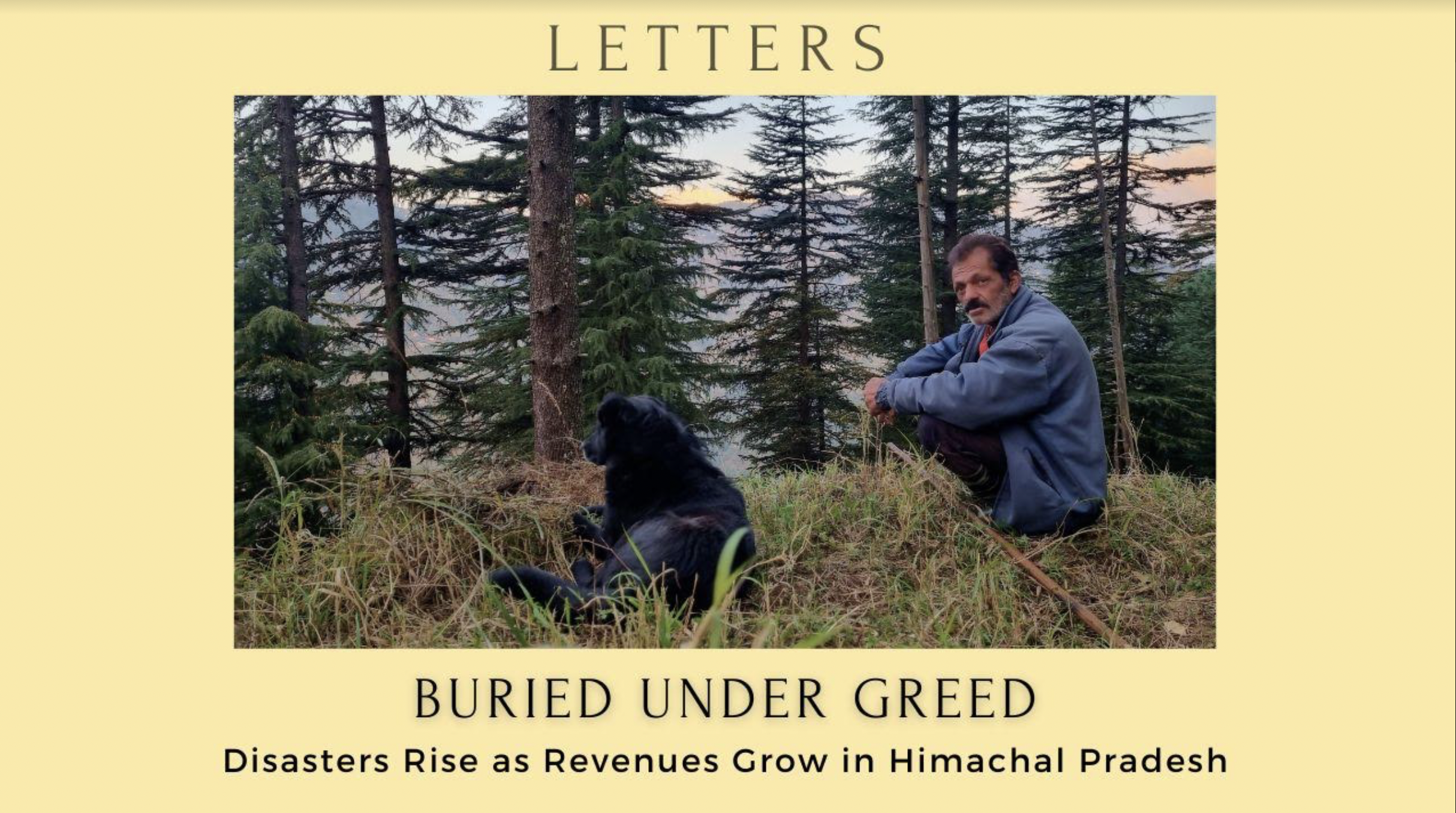
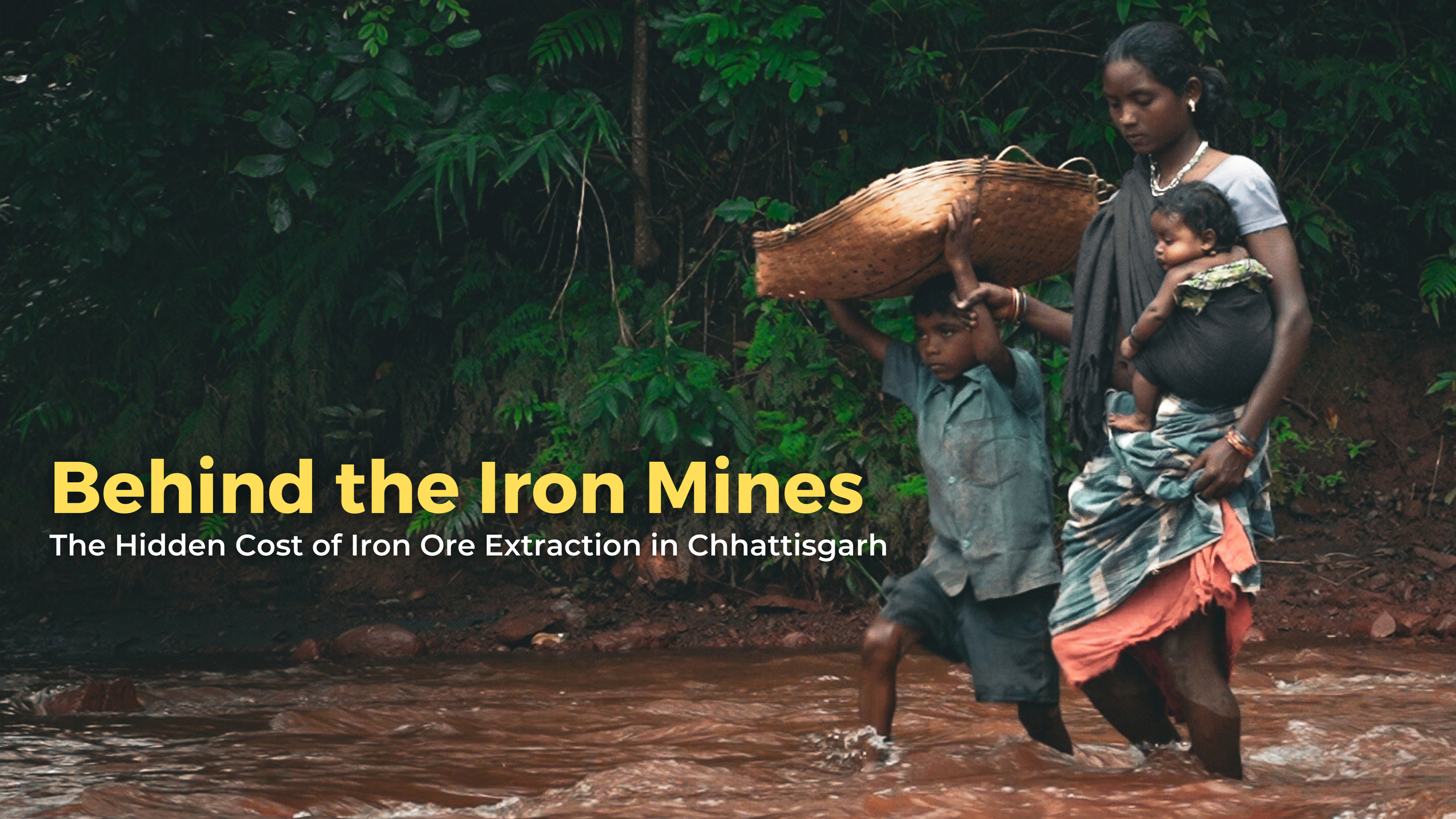


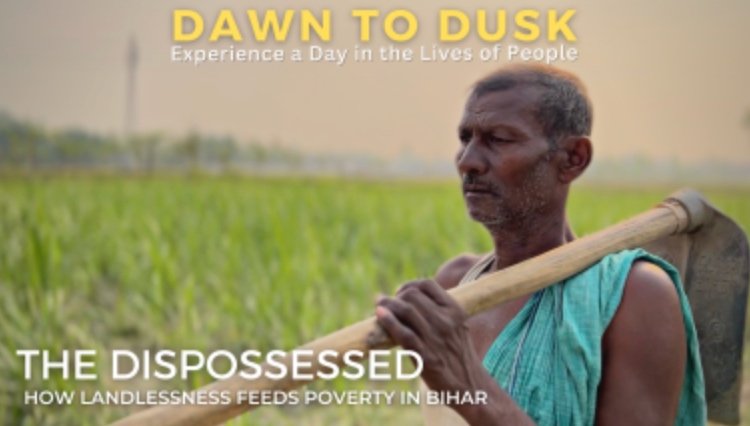
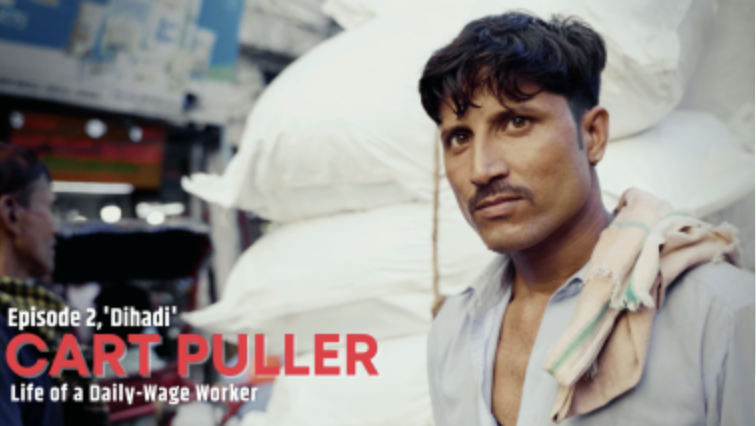
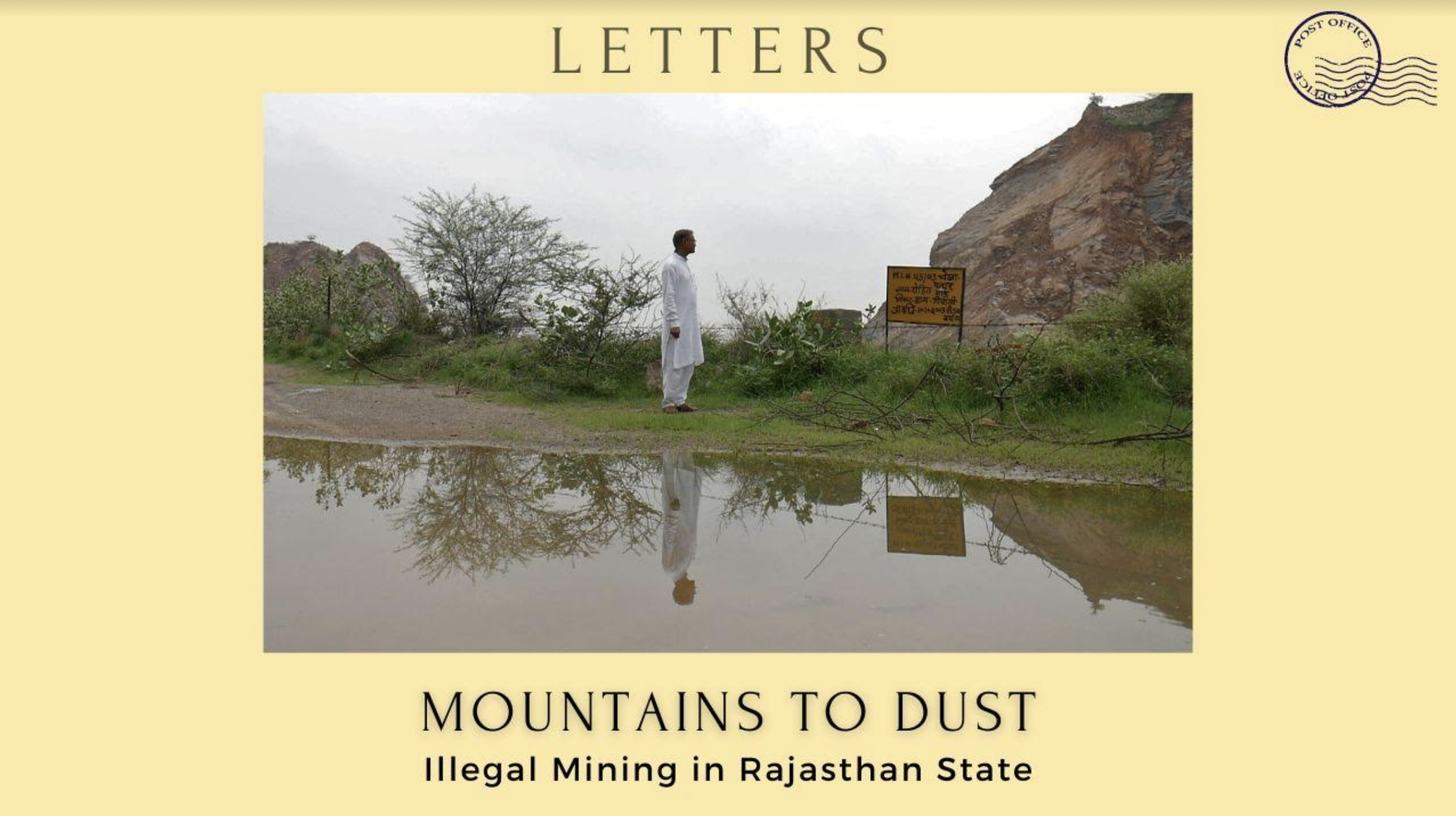
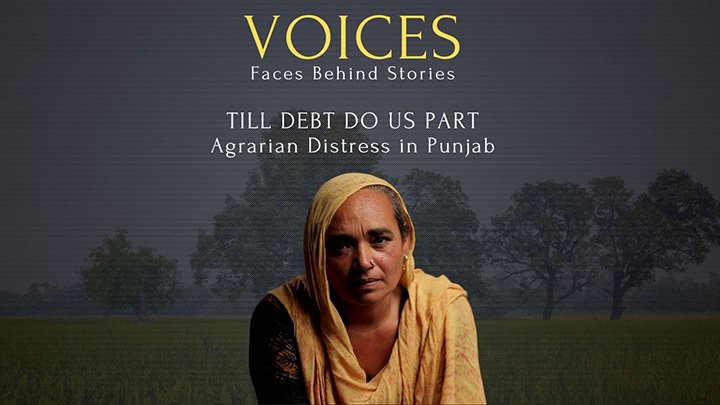
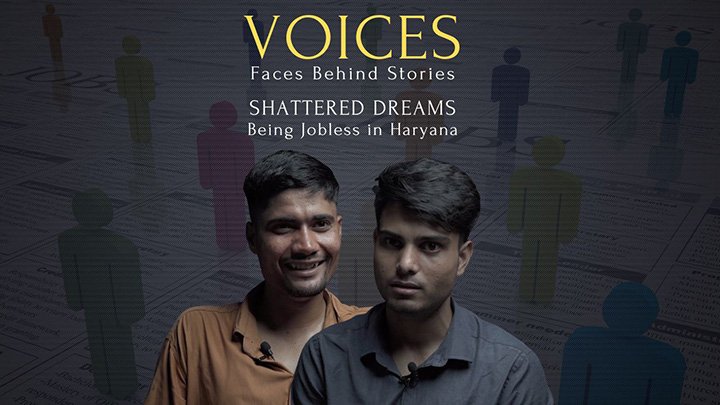
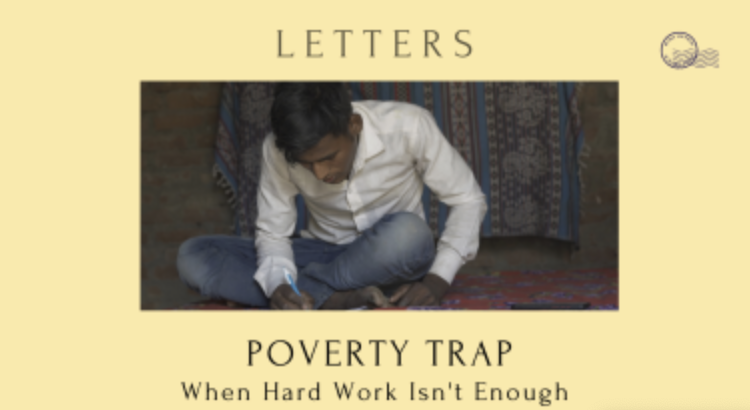
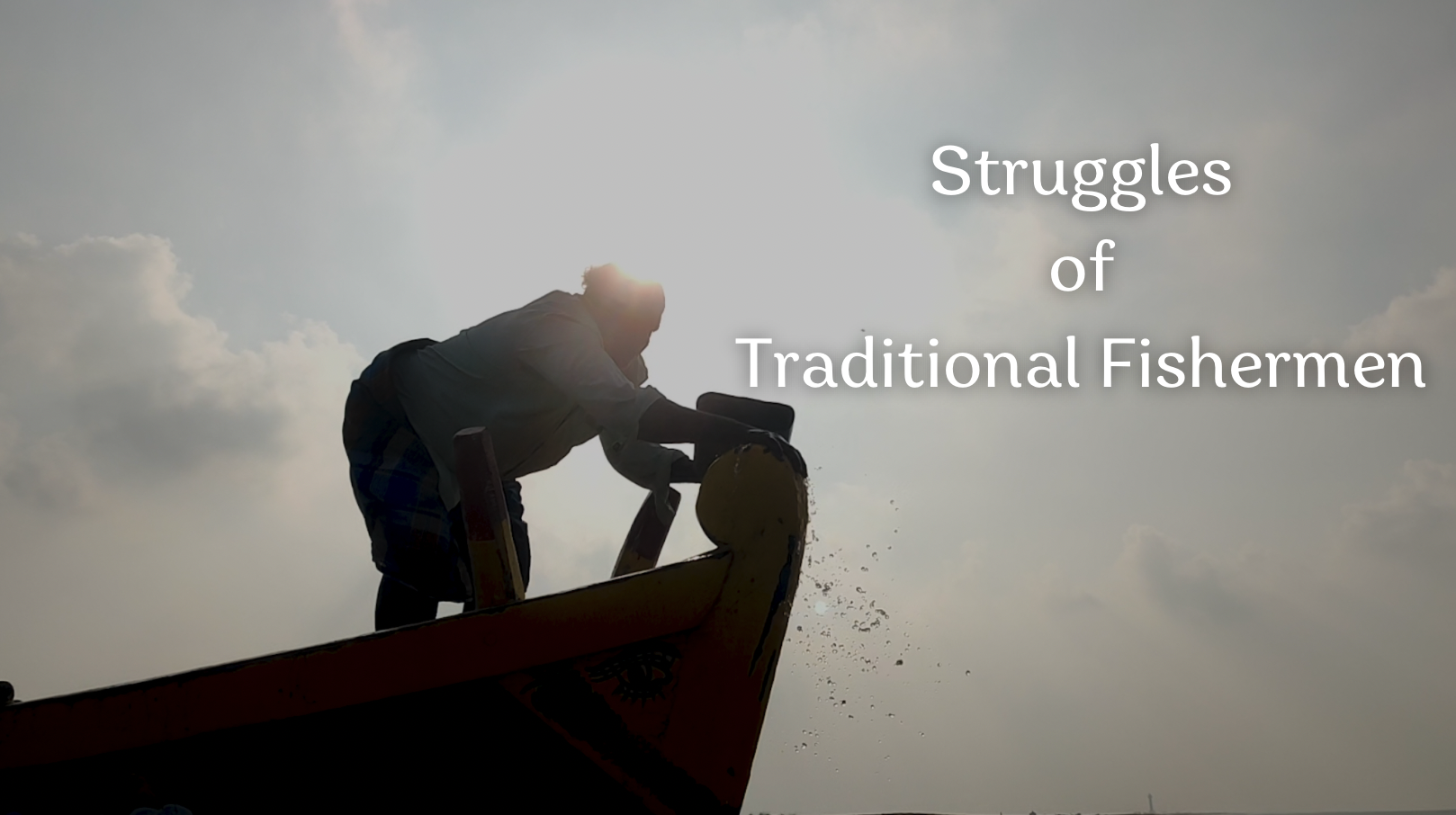


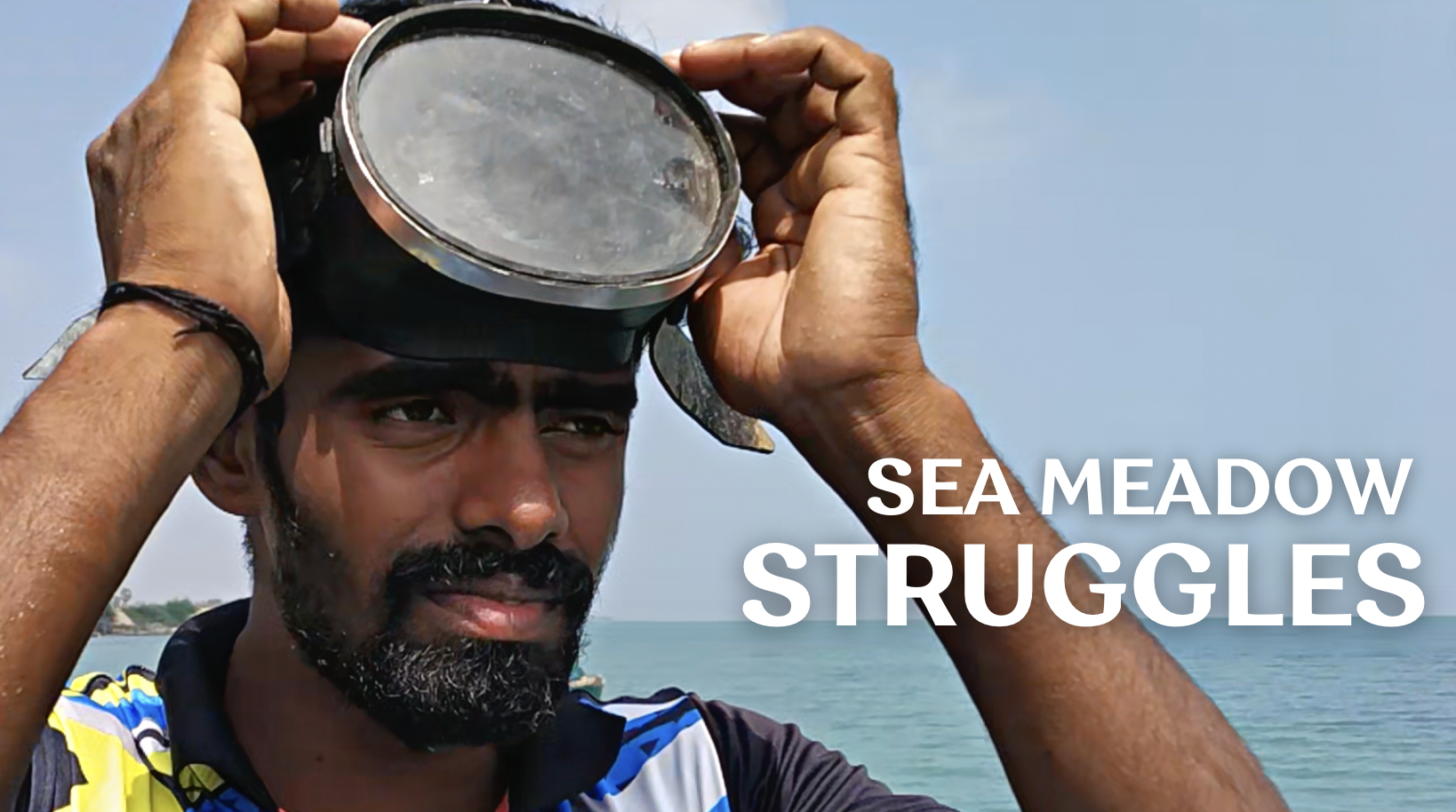
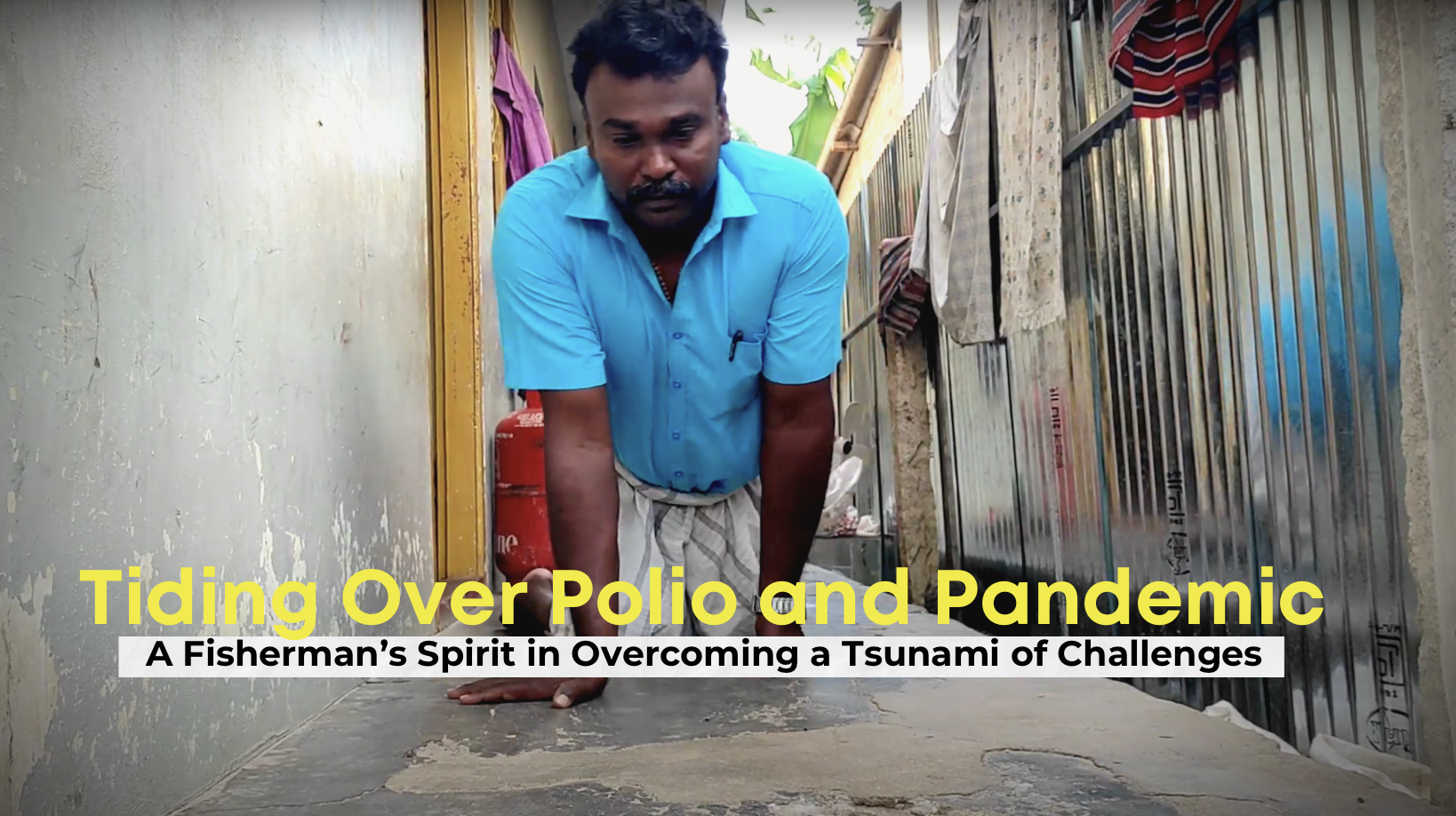
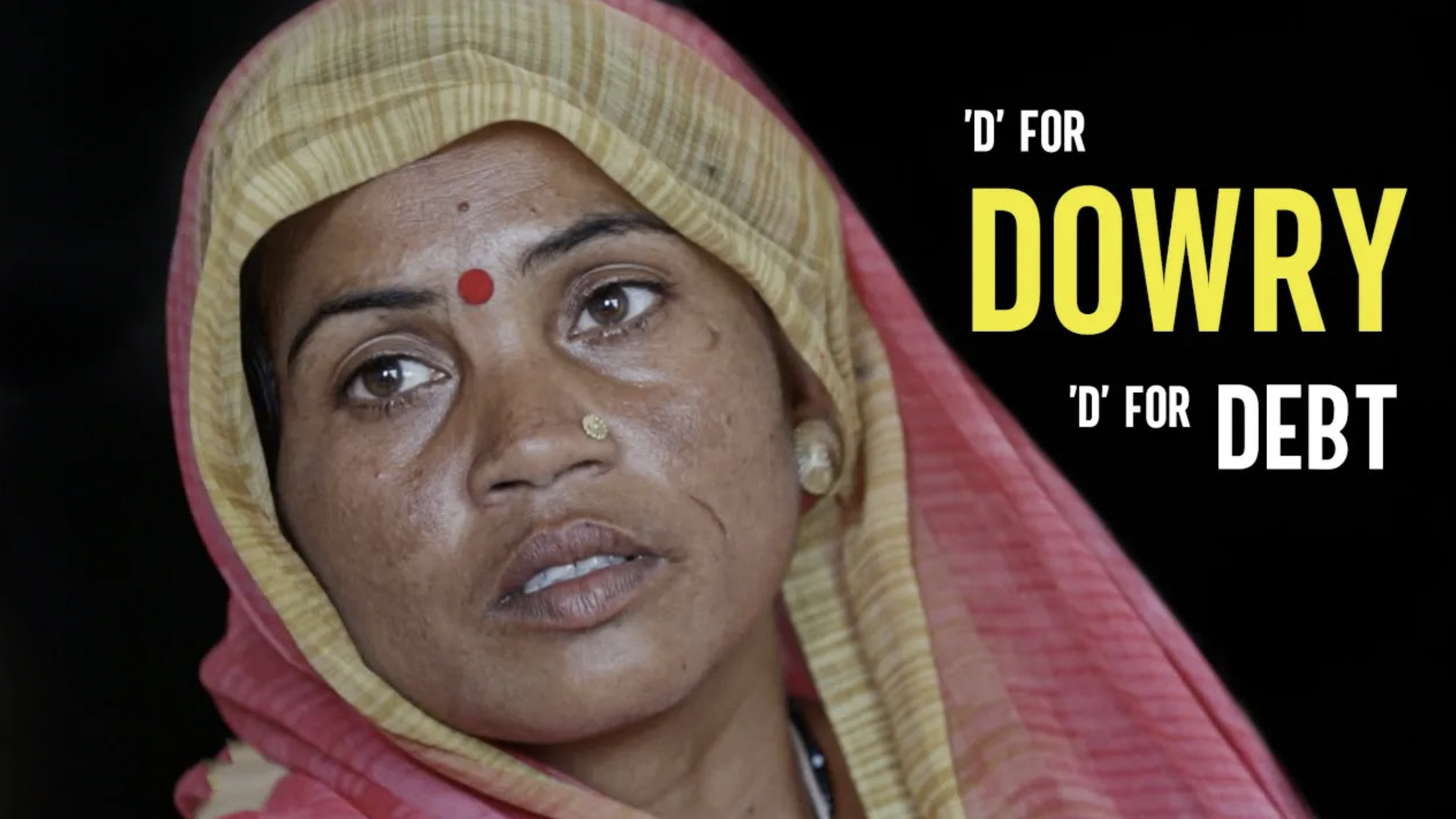
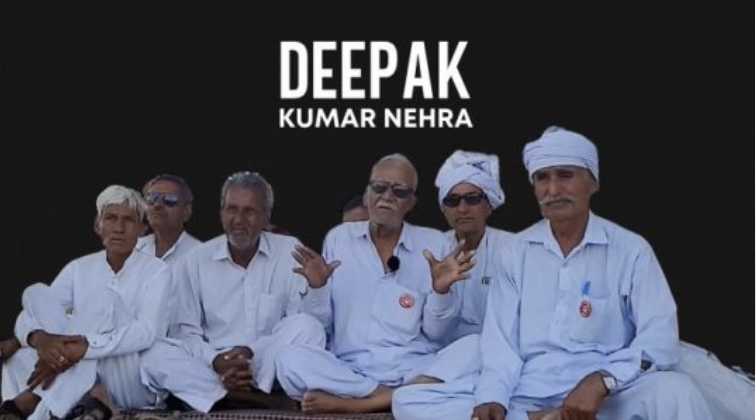
To investigate if your 9-5 corporate job has labour laws for your safety and well-being, Newsreel Asia producer Jyoti Jangra travels to India’s Silicon Valley—Bengaluru—to find out a quiet crisis unfolding inside corporate cubicles: the crumbling mental health and legal protections of India’s white-collar workforce.